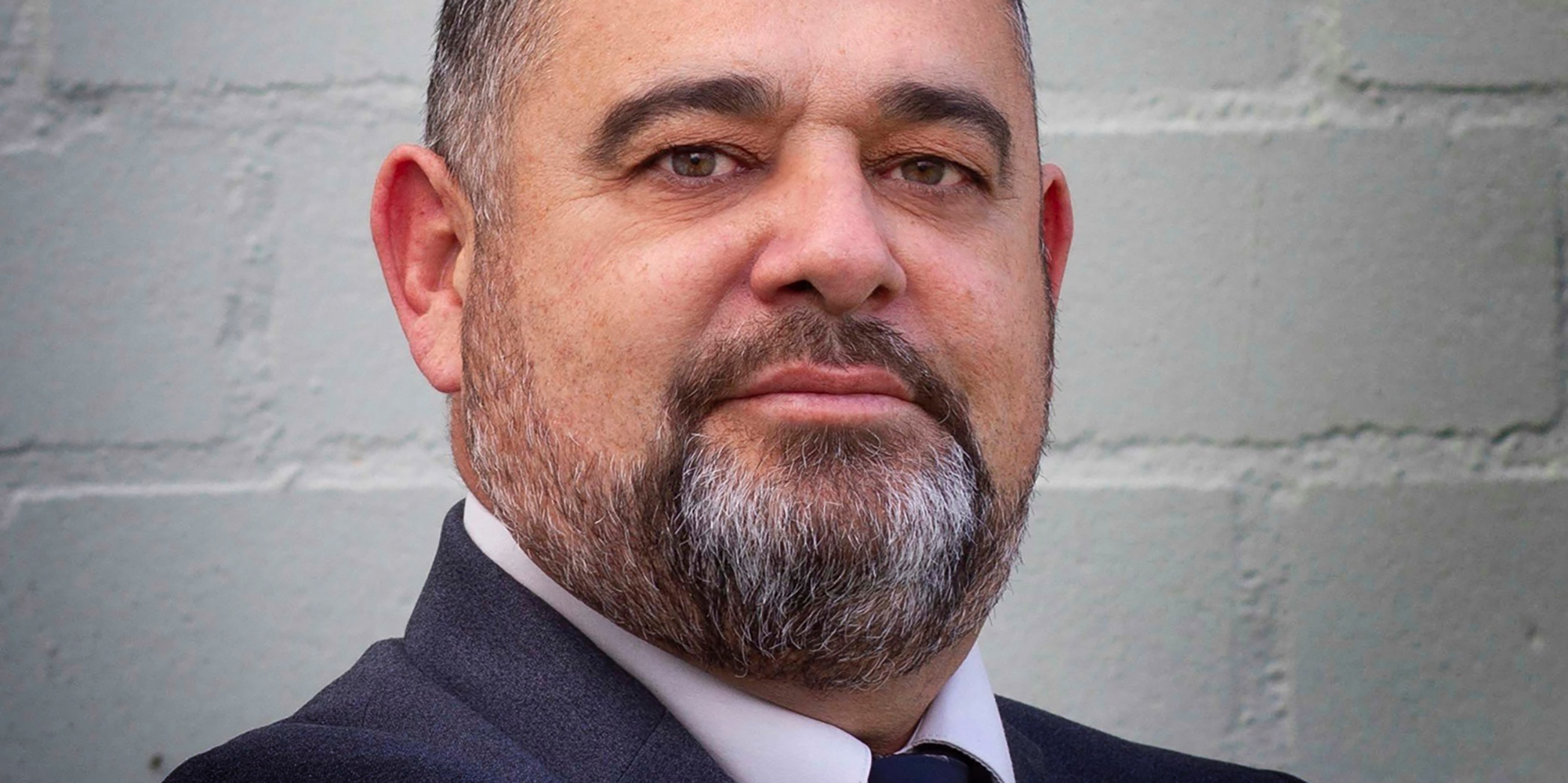On the west coast of South Africa, the Saldanha Bay Municipality (SBM) is unassuming at first glance, promising the peace of semi-rural life with Cape Town less than two hours’ drive away.
However, this quiet area, which boasts seven towns – Saldanha, Langebaan, Vredenburg, Hopefield, Jacob’s Bay, St Helena Bay and Paternoster – has consistently been in Ratings Afrika’s top three municipalities for the past 10 years. This year, Ratings Afrika named Saldanha Bay, along with Midvaal, as the two best-run municipalities in the country.
In a separate report, the auditor-general’s 2021/22 municipal audit outcomes shows that over the past 10 years, SBM was thrice listed as “unqualified with findings” in 2013/14 and 2017/18. It received clean audits (unqualified with no findings) in the other seven years.
A clean audit vs ‘unqualified with findings’
A financially unqualified opinion with no findings (clean audit) means the municipality:
- produced quality financial statements free of material misstatements (in other words, errors or omissions that are so significant that they affect the credibility and reliability of the financial statements);
- produced quality performance reports that measure and report on performance in a manner that is useful and reliable; and
- complied with key legislation relating to financial and performance management.
A financially unqualified opinion with findings means the municipality was able to produce quality financial statements, but struggled to produce quality performance reports and/or to comply with all key legislation.
Mayor André Truter, who took office in November 2021, sat down with Daily Maverick to talk about how SBM keeps getting it right, and what lessons other municipalities can learn.
He estimates that the SBM population is around 150,000, although the latest census places it closer to 135,000. “We’ve come through a lot in the last few years. First, there was the drought around 2017. Very few people know that our municipality was 24 hours away from day zero, or running dry. The previous council managed to solve that quietly without stirring up public panic,” he says.
The second big knock was the closure of ArcelorMittal’s Saldanha steel plant towards the end of 2019, which meant the area lost one of its biggest employers — about 1,000 jobs. But Truter points out that the knock-on effect was much wider, with many companies that serviced Saldanha Steel also forced to close their doors and/or retrench staff. He places total job losses in the area closer to 10,000. “Many businesses had the plant as their core client. Even the municipality lost tax income. We are not a business, we manage taxes in return for basic services, and we lost R6-million a month,” says Truter.
The third knock was Covid-19, which led to more business closures. During that time, municipal offices were closed due to lockdown. Truter says he was humbled by the calls he received from residents in poorer areas such as Diazville and Louwville, begging him to open the offices so they could pay their municipal accounts. “We want to pay our money so we don’t fall behind,” is what he was told. “It was humbling to hear people who don’t have much, but have a culture of paying for municipal services,” he says, attributing the municipality’s debt collection rate of 98% in 2022 to this same culture.
A good foundation with the right skill set
The debt collection rate has fallen to around 96% currently. Truter compares the process to building a house: “you need a good foundation”. “Our budgeting and debt department is probably one of the best in the country. What we’ve done really well is planning deliberately and capacitating our financial department with experts.
Read more in Daily Maverick: Municipalities hoping to access R56bn in Eskom-related debt relief must meet certain criteria
“Many municipalities interfere with administration. I don’t know where our supply chain office is, because a mayor has no business in that office. That’s where contracts are handed out to the public and I will never interfere. Over 10 years, the staff have proven their trustworthiness so they don’t need me interfering or micro-managing, unless a problem arises,” he says.
Rates and service delivery
Truter says Premier Alan Winde opened his eyes years before he became mayor, by pointing out that municipalities are the only “business” that can raise rates because people rely on service delivery. “The budget steering committee has to demonstrate beyond any reasonable doubt why we can’t drop rates each year.
‘We interrogate our numbers vigorously, and as chairman of the budget steering committee, I ensure we only increase a cost if it will affect our service delivery.’
“If we have done better financially and made a saving, we should share that with our residents. For example, we had a zero increase for water for a few years, and at another stage, we dropped that cost by 2%,” he says. SBM residents’ property rates fell from 10% last year to 7.5% in 2023.
One of the ways the SBM saves money is by using technology to prevent wasted resources. The handling of a recent accident at the St Helena Bay crossing is a good example. A CCTV camera at the scene was able to pick up that everyone got out of both vehicles and that there were no major injuries. “We took a snapshot that went to emergency services within three minutes. They were able to assess the scene and instead of sending out an entire rescue crew – the big fire engine, the rescue vehicle, the paramedics, and traffic control – we only sent out the paramedics and a bakkie. We will have more money left over because we didn’t spend unnecessarily,” he says. DM




